OpenAI launches $20 ChatGPT Plus in search of greater revenue
The new paid subscription tier will offer users improved access to the service, and a model built for businesses could be on the way

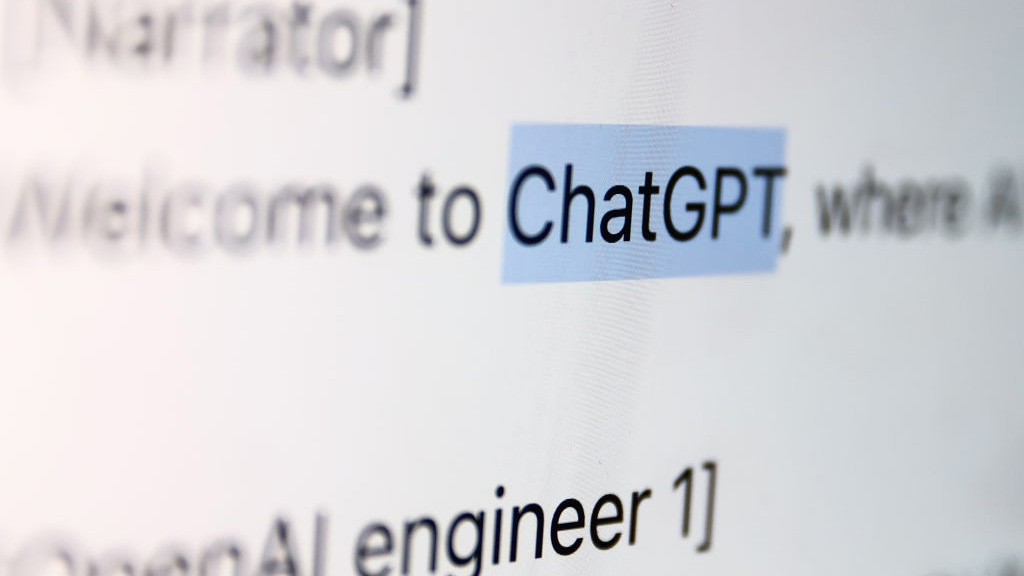
OpenAI has announced ChatGPT Plus, a paid tier for its famed chatbot which will offer users faster response times as well as access to the tool even during peak hours.
The new tier is being launched through a US-exclusive pilot scheme, and will cost $20 (£16) per month.
OpenAI stated that access will expand to other countries and regions 'soon' and that free access to the free service will continue.
Users who are willing to pay for the service will also receive priority access to the latest updates and features to the service, though the firm has not specified if this would apply to newer models such as the anticipated GPT-4.
OpenAI confirmed it's considering other paid options, including business plans and lower-cost deals. It did not explain what could differentiate these plans from ChatGPT Plus, though the business plan could seek to provide access to GPT models at the scale and volume required by large enterprises.
Paid tiers will help fund the free generative AI service for other users, which OpenAI runs at great cost.
Experts had questioned the profitability of the company and its continued ability to operate in the wake of CEO Sam Altman’s tweet stating “we will have to monetise it somehow at some point; the compute costs are eye-watering”.
Sign up today and you will receive a free copy of our Future Focus 2025 report - the leading guidance on AI, cybersecurity and other IT challenges as per 700+ senior executives
Although it does not publicly report operating costs experts such as Tom Goldstein, associate professor in the department of computer science at the University of Maryland, have estimated that the cost of running ChatGPT alone is high.
“I estimate the cost of running ChatGPT is $100,000 (£81,773) per day, or $3 million (£2.4 million) per month,” Goldstein tweeted.
ChatGPT's popularity boom
OpenAI is also working on a ChatGPT API, for which there is currently a waitlist. This could enable developers to use ChatGPT more seamlessly with products and services such as chatbots on company websites, or to aggregate and translate information using ChatGPT’s pre-trained models.
“We launched ChatGPT as a research preview so we could learn more about the system’s strengths and weaknesses and gather user feedback to help us improve upon its limitations,” OpenAI stated in a blog post announcing the pilot.
“Since then, millions of people have given us feedback, we’ve made several important updates and we’ve seen users find value across a range of professional use cases, including drafting and editing content, brainstorming ideas, programming help, and learning new topics.”
Microsoft’s multi-billion dollar deal with OpenAI, which has aligned the companies closely without resulting in an outright acquisition by the Redmond-based giant, is set to rebalance the market for generative AI.
The firm has already announced plans for a general release of ChatGPT on Azure OpenAI, as well as OpenAI’s image generation model DALL·E.
The release of Microsoft Teams Premium has also seen OpenAI’s GPT 3.5 model integrated within the productivity platform.
It is intended to improve quality of life across Teams through features such as automatically-generated meeting notes, and recommended tasks personalised to users.
Reuters reported that the firm is projecting $200 million (£162 million) in revenue across 2023, and $1 billion (£812 million) by 2024.
OpenAI currently has 375 employees, but has dozens of roles open at the time of writing, across a range of specialisms.
Although it has dominated headlines, OpenAI is not the sole player in the field of generative AI. A number of free alternatives for generating text using pre-trained models are available online. which force the firm to distinguish the unique benefits of its platform as it asks users to pay for use.
RELATED RESOURCE
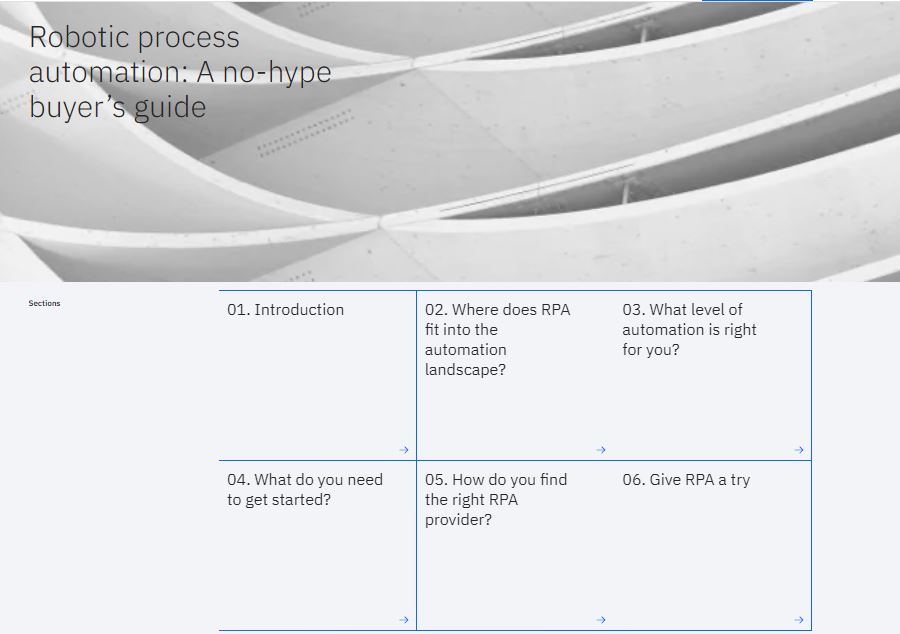
Insiders claim that Google has ‘upended’ internal teams to compete with ChatGPT, following concerns that the decades-old player in AI could face reputational damage and sacrifice market control if it lost out to the relatively young OpenAI.
CNBC reported that this includes a product codenamed ‘Apprentice Bard’, which will utilise Google’s Language Model for Dialogue Applications (LaMDA) and operates in a similar manner to ChatGPT. It also alleged that Google is internally trialling a variant of its search page which offers conversational answers to search terms.
This could put Google in more direct competition with Microsoft, which is reportedly seeking to integrate ChatGPT within Bing search to improve user experience and provide a richer user experience.
Both companies will have to tackle latent issues with current AI models that allow them to produce incorrect answers with a high degree of confidence, which could affect the accuracy of search results produced directly by a model.
IT Pro has approached OpenAI for comment.

Rory Bathgate is Features and Multimedia Editor at ITPro, overseeing all in-depth content and case studies. He can also be found co-hosting the ITPro Podcast with Jane McCallion, swapping a keyboard for a microphone to discuss the latest learnings with thought leaders from across the tech sector.
In his free time, Rory enjoys photography, video editing, and good science fiction. After graduating from the University of Kent with a BA in English and American Literature, Rory undertook an MA in Eighteenth-Century Studies at King’s College London. He joined ITPro in 2022 as a graduate, following four years in student journalism. You can contact Rory at rory.bathgate@futurenet.com or on LinkedIn.
-
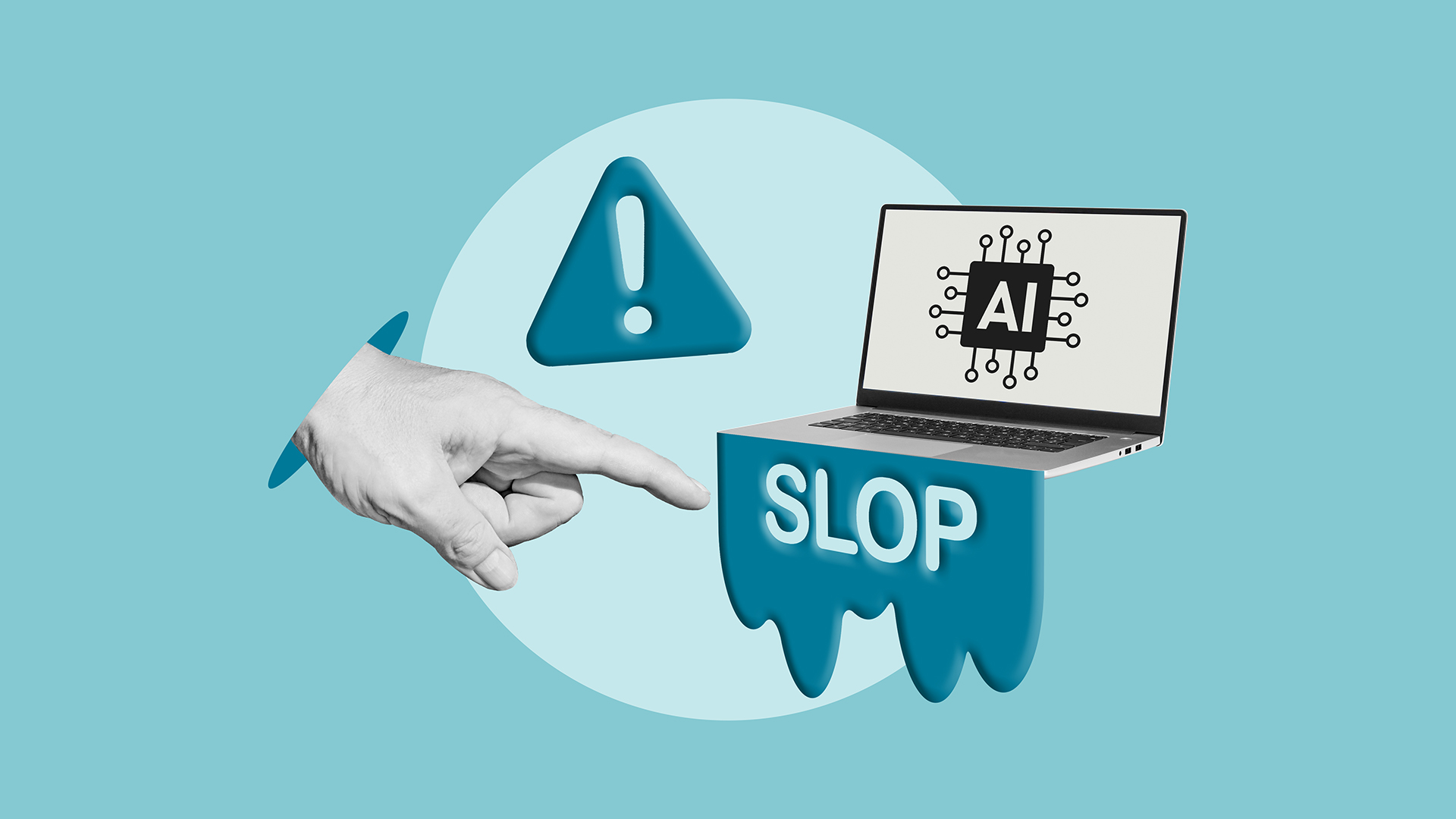 Why AI 'workslop' is bad for business
Why AI 'workslop' is bad for businessIn-depth Poorly-generated AI content is having a financial impact on businesses, slowing productivity, and creating friction between employees
-
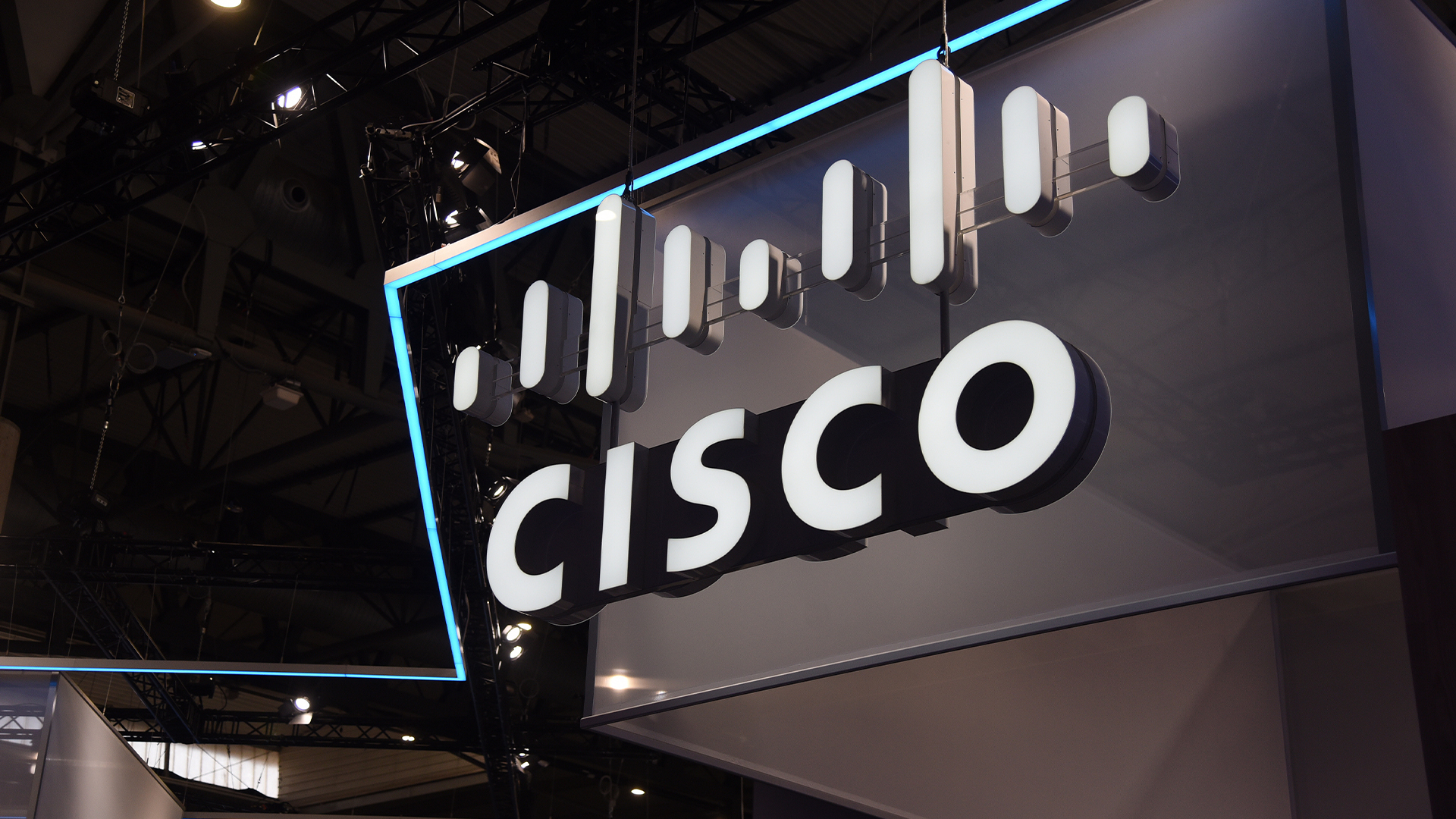 Cisco looks to showcase “unique value” with revamped 360 Partner Program
Cisco looks to showcase “unique value” with revamped 360 Partner ProgramNews Cisco has unveiled a revamped partner framework to help partners capitalize on growing AI-driven customer demand
-
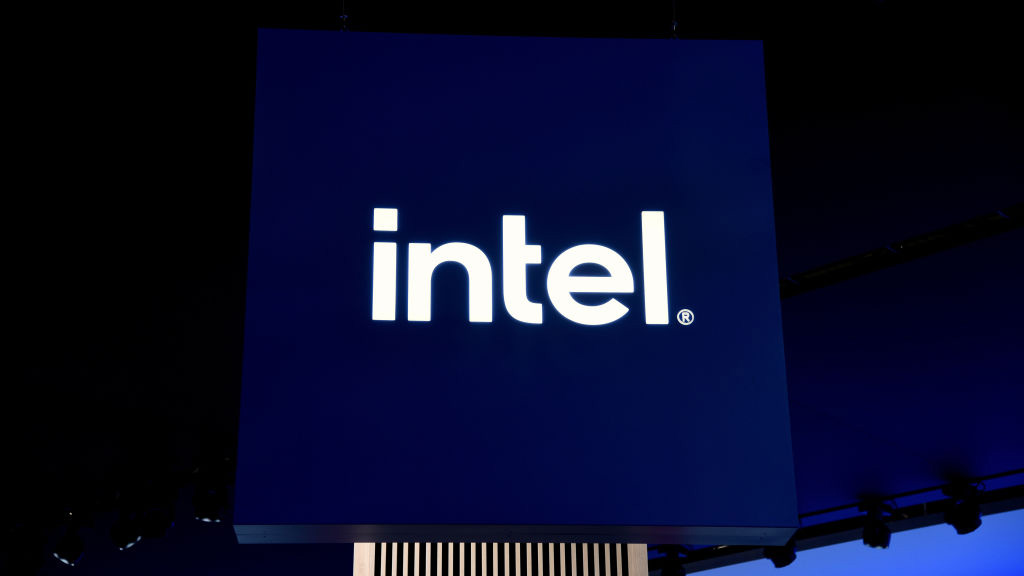 Intel targets AI hardware dominance by 2025
Intel targets AI hardware dominance by 2025News The chip giant's diverse range of CPUs, GPUs, and AI accelerators complement its commitment to an open AI ecosystem
-
 Calls for AI models to be stored on Bitcoin gain traction
Calls for AI models to be stored on Bitcoin gain tractionNews AI model leakers are making moves to keep Meta's powerful large language model free, forever
-
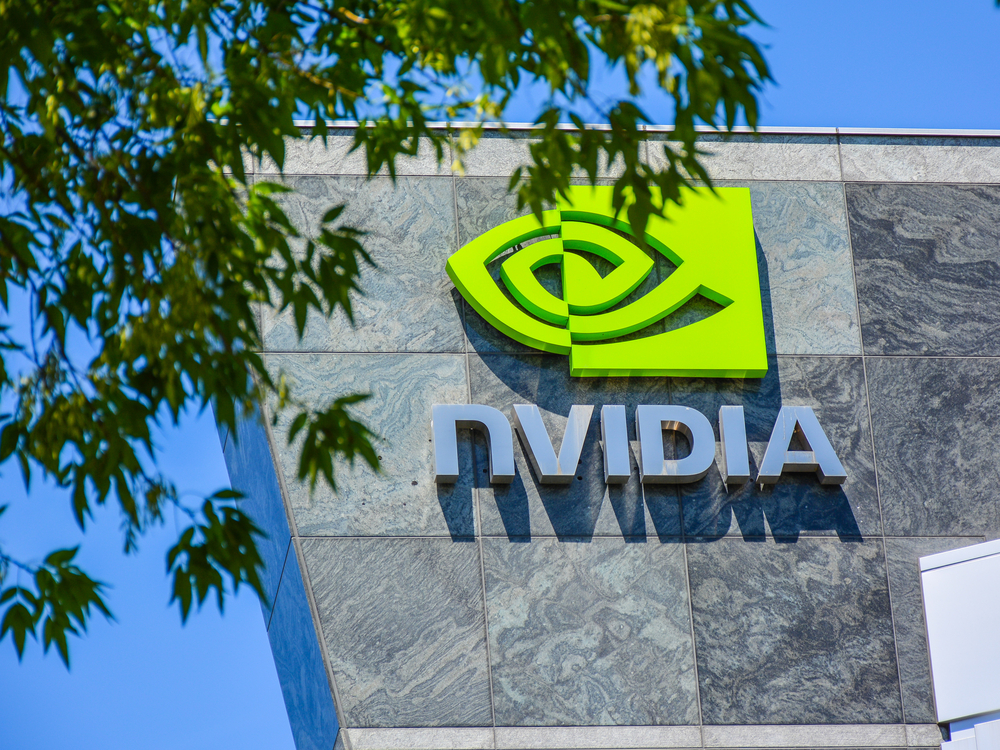 Why is big tech racing to partner with Nvidia for AI?
Why is big tech racing to partner with Nvidia for AI?Analysis The firm has cemented a place for itself in the AI economy with a wide range of partner announcements including Adobe and AWS
-
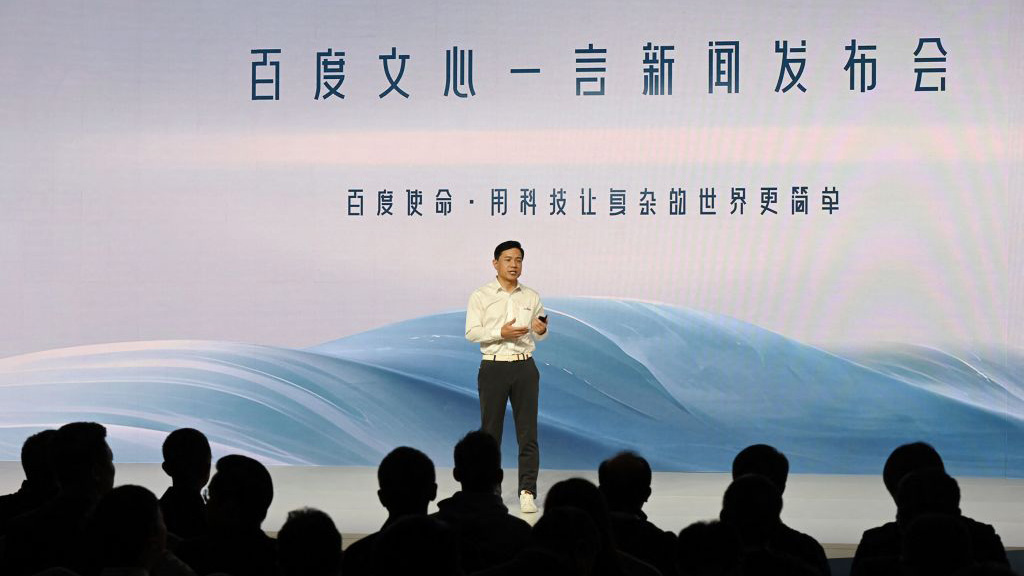 Baidu unveils 'Ernie' AI, but can it compete with Western AI rivals?
Baidu unveils 'Ernie' AI, but can it compete with Western AI rivals?News Technical shortcomings failed to persuade investors, but the company's local dominance could carry it through the AI race
-
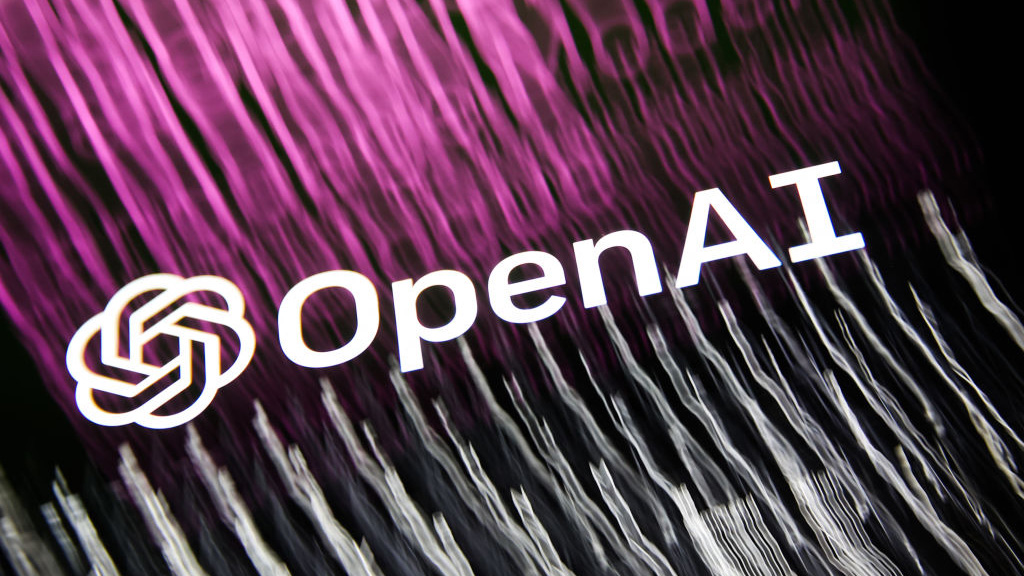 OpenAI announces multimodal GPT-4 promising “human-level performance”
OpenAI announces multimodal GPT-4 promising “human-level performance”News GPT-4 can process 24 languages better than competing LLMs can English, including GPT-3.5
-
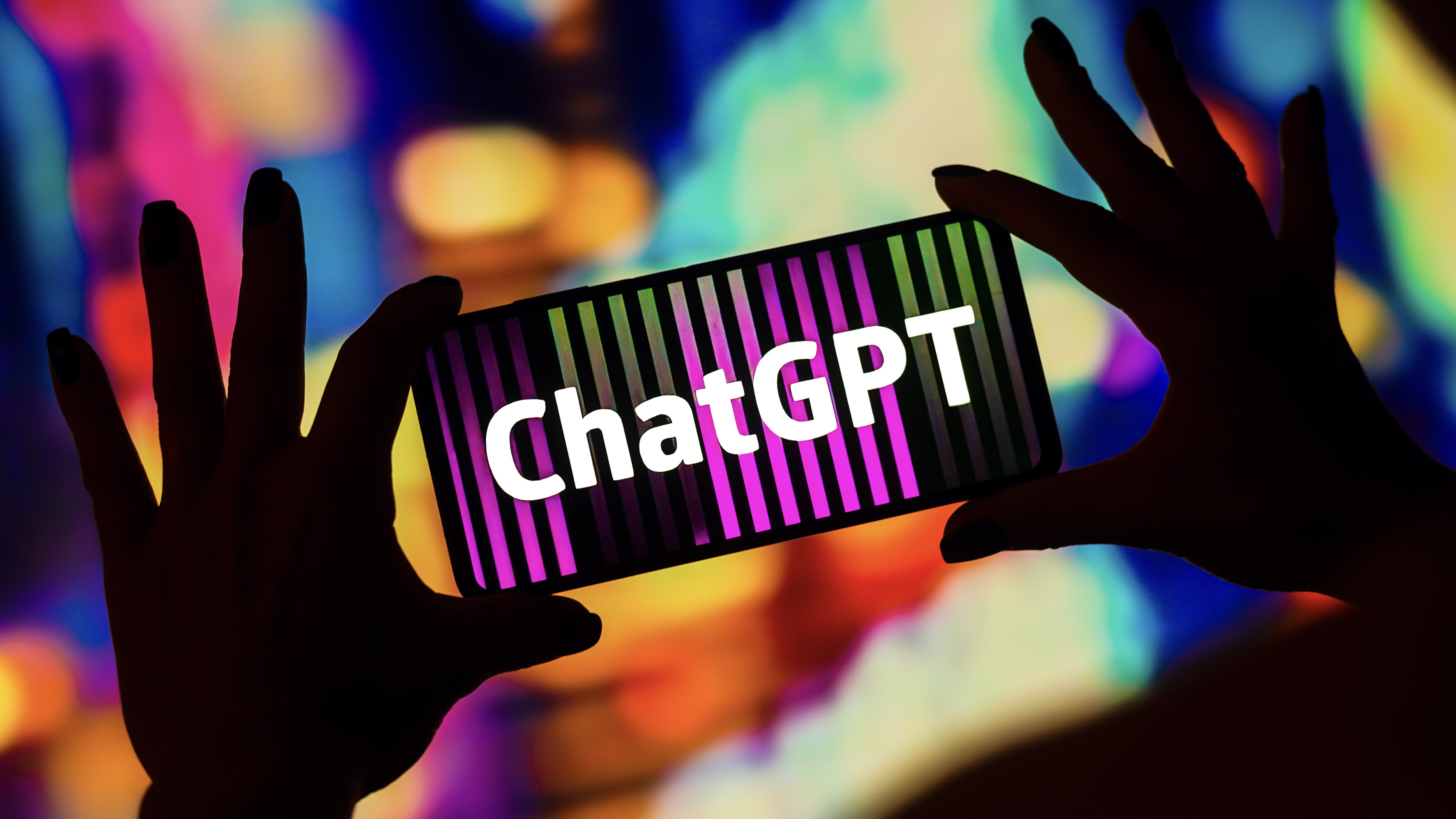 ChatGPT vs chatbots: What’s the difference?
ChatGPT vs chatbots: What’s the difference?In-depth With ChatGPT making waves, businesses might question whether the technology is more sophisticated than existing chatbots and what difference it'll make to customer experience
-
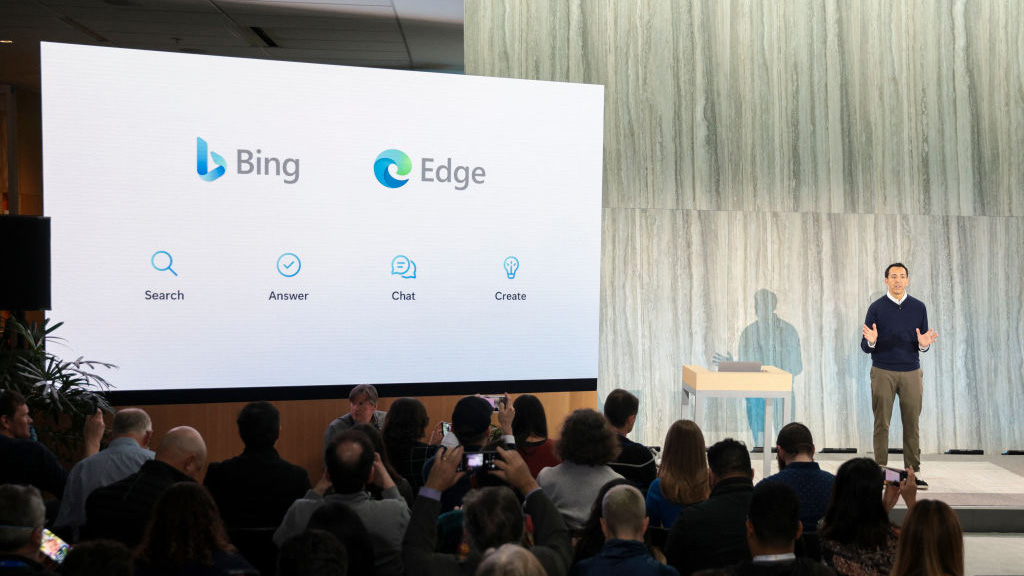 Bing exceeds 100m daily users in AI-driven surge
Bing exceeds 100m daily users in AI-driven surgeNews A third of daily users are new to the past month, with Bing Chat interactions driving large chunks of traffic for Microsoft's long-overlooked search engine
-
 OpenAI launches ChatGPT API for businesses at competitive price
OpenAI launches ChatGPT API for businesses at competitive priceNews Developers can now implement the popular AI model within their apps using a few lines of code